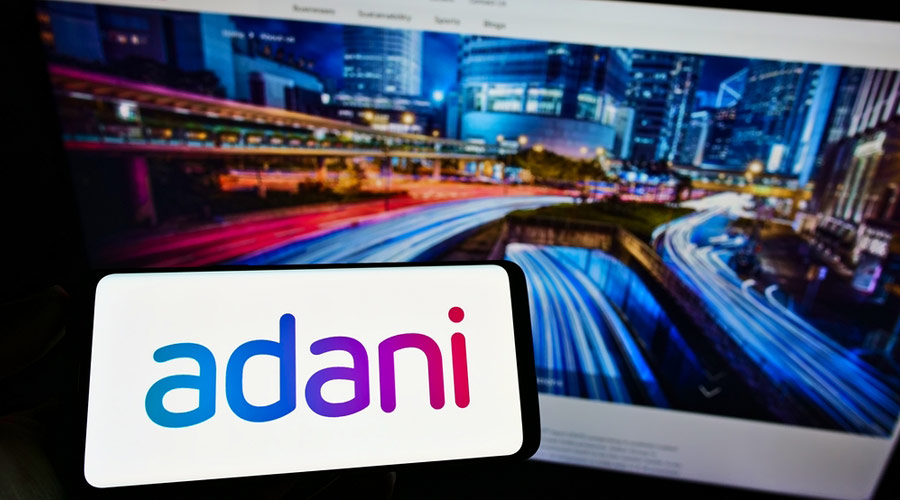The Bangladesh Power Development Board (BPDB) and Adani Power are likely to soon revise their power-purchase agreement, especially the coal price aspect, following a request from the neighbouring country’s electricity authority.
A source in the electricity department in Bangladesh said a high-powered team led by power minister Nasrul Hamid that visited the plant at Godda in Jharkhand in January first discussed the high coal price with the Adani Power authorities, following which the BPDB sent a formal letter to the company on January 25.
“The formal letter was sent after the company authorities agreed to negotiate the coal price, which had become prickly for us.... I can’t give any timeline on when the revision will take place, but I can say that they have cordially agreed to address our concerns and negotiations are on,” said the source, who did not wish to be named.
The BPDB signed a 25-year power-purchase agreement (PPA) with Adani Power in Dhaka in November 2017 to supply 1,496 megawatts of electricity from a coal-based power plant at Godda.
The dedicated transmission line to supply power to Bangladesh was ready by December 16, 2022 — celebrated as Victory Day in the neighbouring country — and the commercial operations were to start by March.
Even before power import begins on a commercial basis, a section of the Bangladesh media has begun questioning the future of the deal between the BPDB and Adani Power.
Though the reports are primarily focused on the impending negotiations on coal price, some of them are linking it to the tumbling of the Adani Group stocks since the January 24 report of Hindenburg Research that accused the conglomerate of “brazen stock manipulation and accounting fraud”.
A leading newspaper published an article on Thursday under the headline “Modi’s patronisation of Adani and its cost for Bangladesh”. It questioned whether the import of power — at an apparently higher rate — from India would at all be beneficial for the country and hinted at intervention from the BJP in sealing the deal between a sovereign government and a private company.
“Any development in India has its repercussions in Bangladesh and that’s why the controversy over the Adani Group has now cast a shadow on the power import deal.... The fact, however, is the decision to renegotiate the coal price issue, which would finally have a bearing on per unit cost of electricity, precedes all that is happening in the bourses,” said a source.
According to the source, the power department realised that the payout on coal for Adani-supplied power would be more than its outgo on coal at the Pyra Power Plant, a joint venture between the North-West Power Generation Company Bangladesh Limited, China National Machinery Import and Export Corporation and Rampal Power Station, a joint venture between the BPDB and India’s NTPC.
“As coal prices keep varying, a method of indexing is followed to develop a model that becomes part of the PPA.... In case of Adani, the PPA was based on an average of the Indonesian coal index and the Newcastle coal index, which is relatively expensive. In case of Payra, the PPA was worked out after using some discounting factor on the Newcastle coal index while for Rampal, it was based on the relatively cheaper Indonesian coal index. We wanted parity on coal price with Payra and Rampal and they (Adani Power) have agreed,” said a source.
The source swatted away the allegations that the imported power from Adani would not be beneficial.
“The per unit cost would be cheaper than the power generated from other fuel, like LNG and diesel.... We are happy to have this deal as it will solve the country’s energy scarcity problem,” said the source.
“If you think about environment, even then it’s good for us as we are getting power from a thermal power plant without bearing the pollution load,” added the source.
At a time the Hindenburg report has raised questions about the credibility of the Adani group, which is believed to be close to the ruling party in India, the Bangladeshi authorities, however, will find it difficult to convince the people that the Adani Power deal is in the country’s interest.











